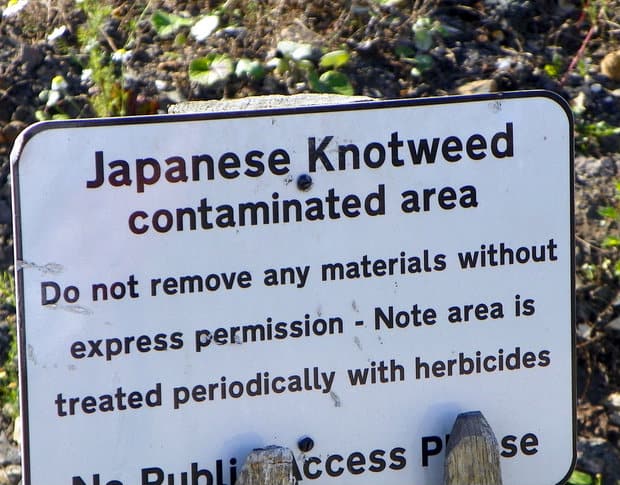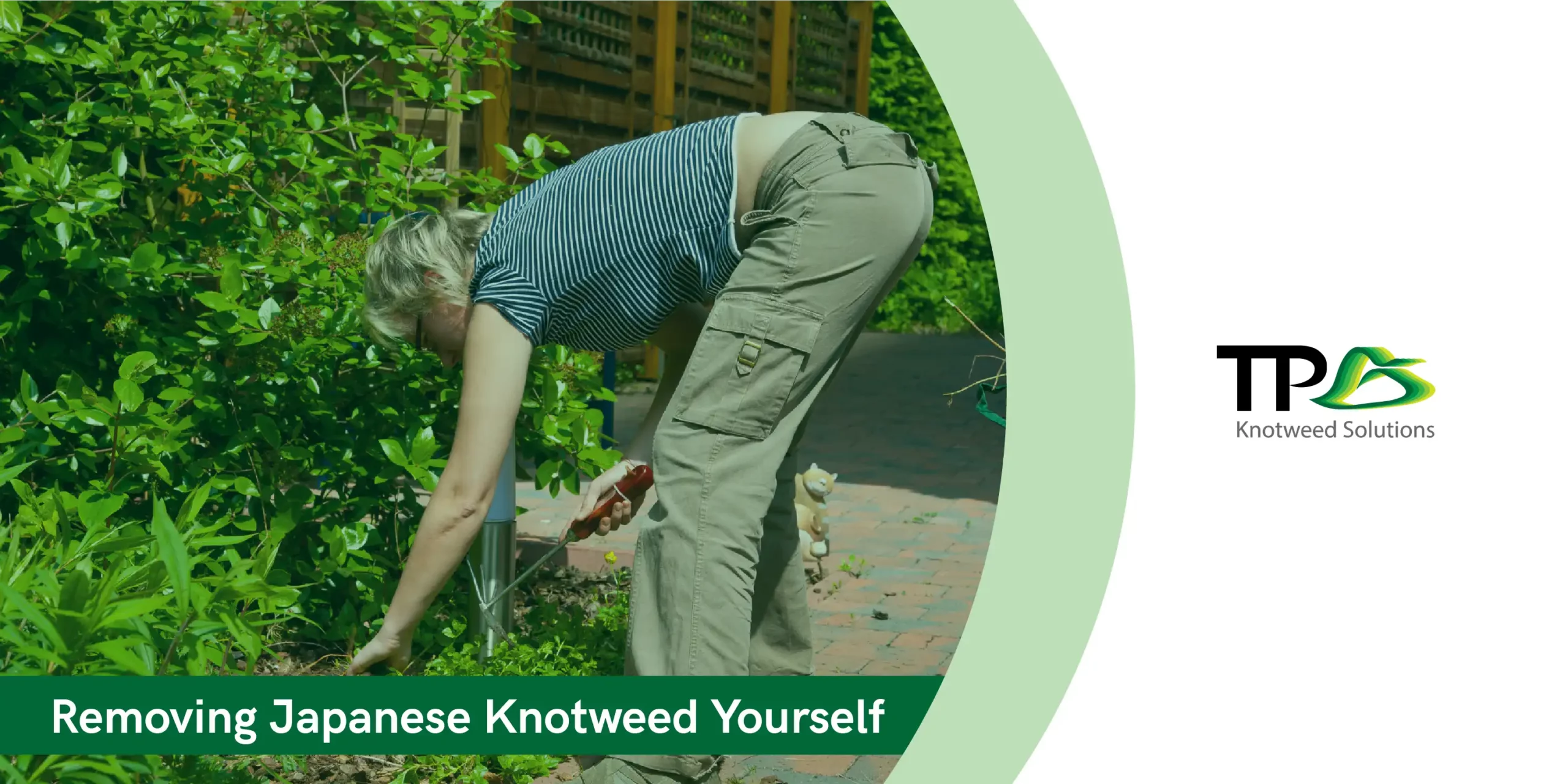With so much information flying left right and centre about the do’s and don’ts of Japanese knotweed, it can easily get confusing.To make things clearer, this post aims to simplify and lay out the laws regarding Japanese knotweed, so that you are clear about how the authorities perceive its threat.
It is not against the law to have Japanese knotweed on your land
It is, however, against the law to cause Japanese knotweed to spread due to its destructive nature. The invasive nature of the weed means that it can spread very easily so if by any chance it does creep onto your neighbours land, you can be charged. You could receive:- A conviction on indictment to a fine and/or imprisonment of up to 2 years
- A conviction, a fine of maximum £5,000 and/or six months in jail




